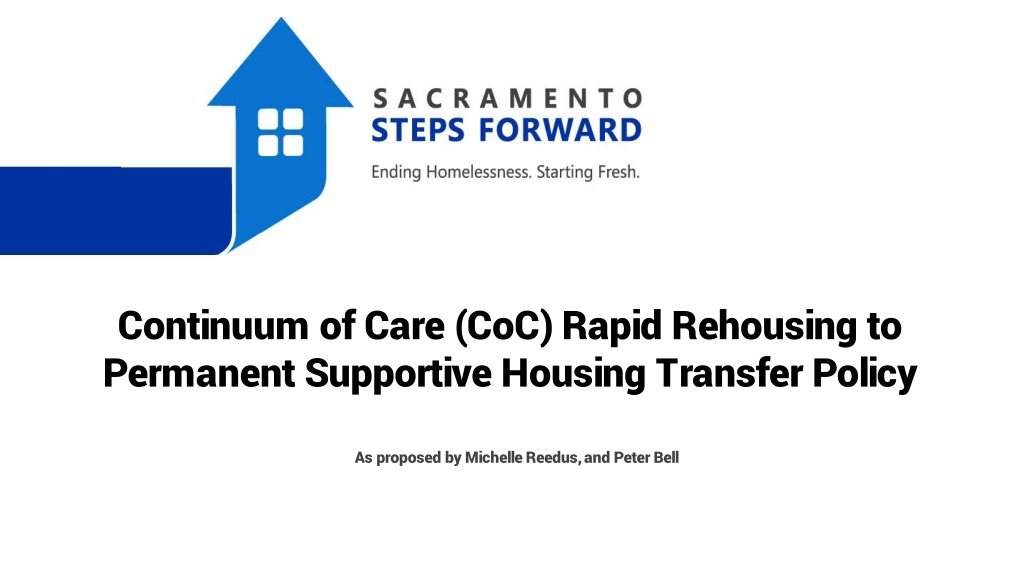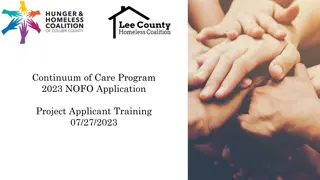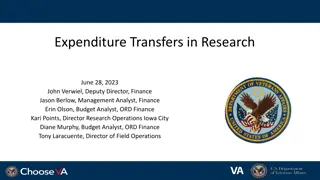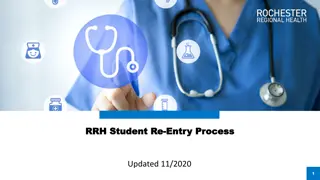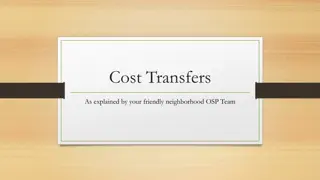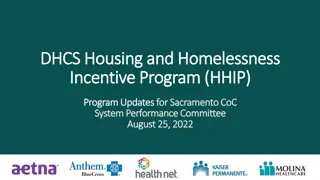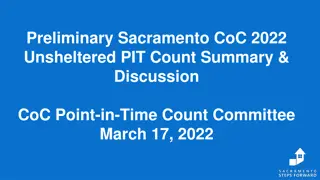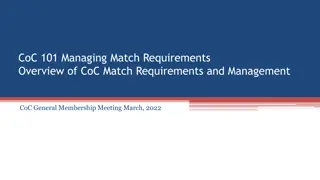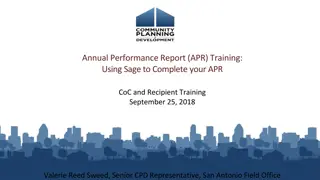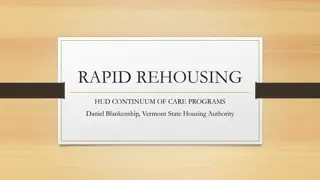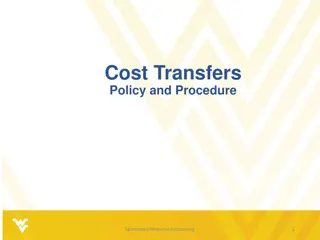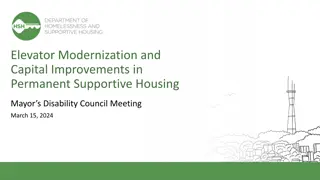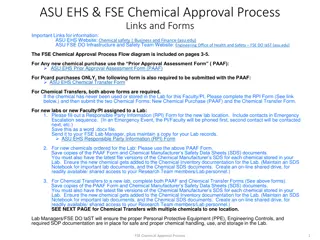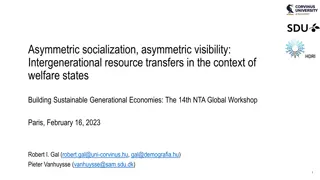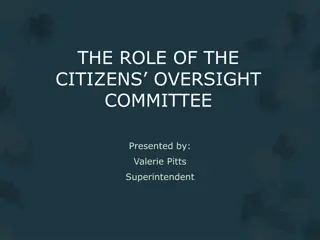Exploring RRH to PSH Transfers in CoC: Policy Proposal & Guidelines
In the context of Continuum of Care (CoC), the proposed Rapid Rehousing (RRH) to Permanent Supportive Housing (PSH) transfer policy aims to address the housing stability of participants at risk of homelessness. The policy facilitates transfers based on specific criteria to ensure long-term housing stability for individuals with chronic conditions or behavioral health needs. Transfer denials may occur due to insufficient reasoning or lack of community capacity. The initiative by Sacramento Continuum of Care seeks to enhance support for those in need of extended housing assistance beyond RRH programs.
Download Presentation

Please find below an Image/Link to download the presentation.
The content on the website is provided AS IS for your information and personal use only. It may not be sold, licensed, or shared on other websites without obtaining consent from the author. Download presentation by click this link. If you encounter any issues during the download, it is possible that the publisher has removed the file from their server.
E N D
Presentation Transcript
Continuum of Care (CoC) Rapid Rehousing to Permanent Supportive Housing Transfer Policy As proposed by Michelle Reedus, and Peter Bell
Overview Background of RRH and PSH Purpose Proposed RRH-PSH Transfer Policy Possible Transfer Criteria Transfer Denials Reasons Transfer Process Concerns & Considerations Questions/comments
HUD Definitions Rapid Rehousing(RRH): Rapid Rehousing provides short-term (up to three months) and medium-term (4-24 months) tenant-based rental assistance and supportive services to households experiencing homelessness. Permanent Supportive Housing(PSH): Permanent Supportive Housing is permanent housing in which housing assistance (e.g., long-term leasing or rental assistance) and supportive services are provided to assist households with at least one member (adult or child) with a disability in achieving housing stability. Eligible candidates must also be chronically homeless.
Purpose RRH is a short term housing program with limited supportive services. There are some RRH participants, that even after stabilization services, will require longer- term or permanent support to maintain their housing. In order to support those participants at risk of returning to homelessness, transfers from RRH to PSH programs are being considered. The Sacramento Continuum of Care would like to explore the transfers of rapid rehousing program participants who may need specific services or accommodations to support long-term housing stability.
Proposed: RRH to PSH Transfer Policy Eligible Continuum of Care funded Rapid Rehousing Programs are able to submit transfer requests to Sacramento Steps Forward Coordinated Access team. Requests may be used in rare instances when all other options have been exhausted to prevent the RRH participant s housing instability and the participant is at risk of returning to homelessness.
Possible Transfer Criteria Participant has chronic conditions/ behavioral health needs that are not supported by RRH and is are at a high risk if they return to homelessness. Client is within three months of subsidy ending and will be unable to maintain the rent independently. Client is considered recently homeless under state/federal statutes and qualifies for additional housing assistance.
Transfer Denial Reasons Reason Definition Insufficient Transfer Reasoning The documentation submitted does not meet the threshold criteria demonstrating the need for a transfer to be approved. No Community Capacity Currently There are currently no projects within the CoC, which has capacity or is expected to have capacity within the near future which could meet the needs outlined in the transfer request. Current existing resources are not able to meet the request needs There are currently no projects within the CoC which could meet the participant s identified needs. Not eligible for PSH/ insufficient PSH documentation Client does not meet the eligibility requirements to be enrolled into a Permanent Supportive Housing program or lacks the documentation to prove eligibility.
Questions or comments? Thank you for your time!
